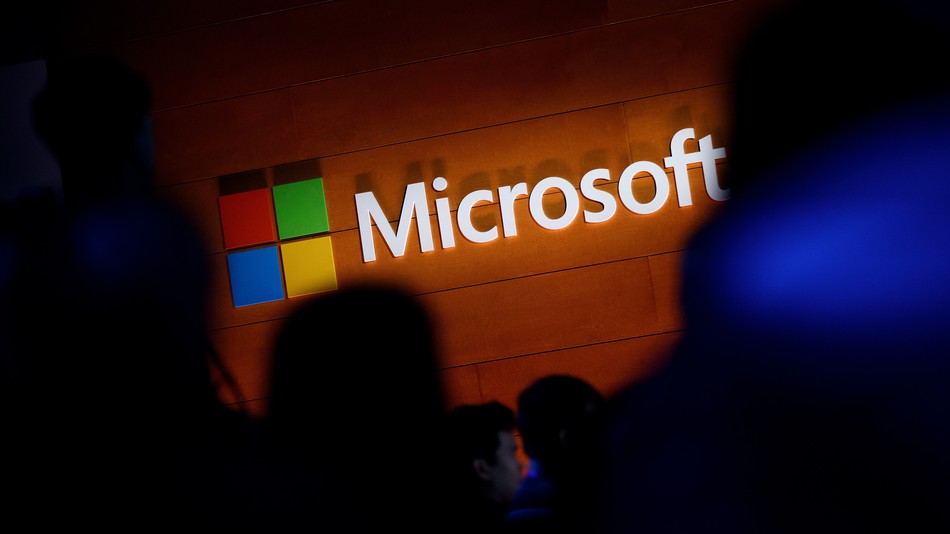Technology
Microsoft realizes password expiration is poor security


Image: Drew Angerer/Getty Images

Follow @https://twitter.com/PCMag
PCMag.com is a leading authority on technology, delivering Labs-based, independent reviews of the latest products and services. Our expert industry analysis and practical solutions help you make better buying decisions and get more from technology.
Thinking of a secure password is hard, so demanding a user change it every 60 days fills many with dread and leads to weaker security. Microsoft has realized this and decided to remove default password expiry as a security baseline feature in Windows 10.
When organizations deploy Windows 10 to tens, hundreds, or even thousands of employees, default security out the box is very important. That’s why Microsoft provides Windows security baselines, which consist of a group of Microsoft-recommended configuration settings that can be relied upon to provide a more secure operating system.
As part of the baseline, Microsoft in the past stipulated a 60-day password expiration policy, which meant every user was forced to change their password every couple of months (unless an organization changed the configuration). As Ars Technica reports, with the release of Windows 10 v1903, password expiration is being dropped from the baseline because it’s actually detrimental to security.
Microsoft explains in its latest draft security baseline for Windows that, “When humans are forced to change their passwords, too often they’ll make a small and predictable alteration to their existing passwords, and/or forget their new passwords … Periodic password expiration is a defense only against the probability that a password (or hash) will be stolen during its validity interval and will be used by an unauthorized entity. If a password is never stolen, there’s no need to expire it.”
Microsoft also points out that if a password is stolen, the thief has up to 60 days to use it based on this expiration policy, which is ample time to gain entry to a system and cause chaos. So on every level, password expiration simply doesn’t work, which is why it’s disappearing.
Passwords still need to meet a minimum length requirement, be complex enough so as not to be easily guessed, not have been used before, and stored securely. It may still be the case that individual organizations enforce their own expiration policy, but it seems likely the demand for a new password every few months will impact far fewer workers going forward, and that’s a good thing for both their sanity and security.

This article originally published at PCMag
here
-

 Entertainment6 days ago
Entertainment6 days agoEarth’s mini moon could be a chunk of the big moon, scientists say
-

 Entertainment6 days ago
Entertainment6 days agoThe space station is leaking. Why it hasn’t imperiled the mission.
-

 Entertainment5 days ago
Entertainment5 days ago‘Dune: Prophecy’ review: The Bene Gesserit shine in this sci-fi showstopper
-

 Entertainment5 days ago
Entertainment5 days agoBlack Friday 2024: The greatest early deals in Australia – live now
-

 Entertainment4 days ago
Entertainment4 days agoHow to watch ‘Smile 2’ at home: When is it streaming?
-

 Entertainment3 days ago
Entertainment3 days ago‘Wicked’ review: Ariana Grande and Cynthia Erivo aspire to movie musical magic
-

 Entertainment2 days ago
Entertainment2 days agoA24 is selling chocolate now. But what would their films actually taste like?
-

 Entertainment3 days ago
Entertainment3 days agoNew teen video-viewing guidelines: What you should know
















